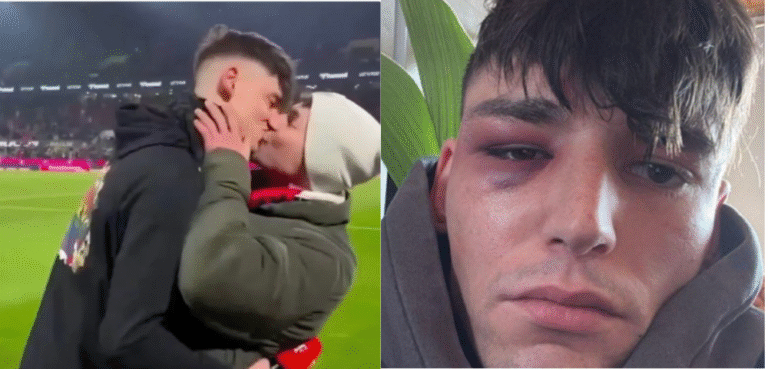
Why is bisexual acceptance in the LGBTI community so hard to find?
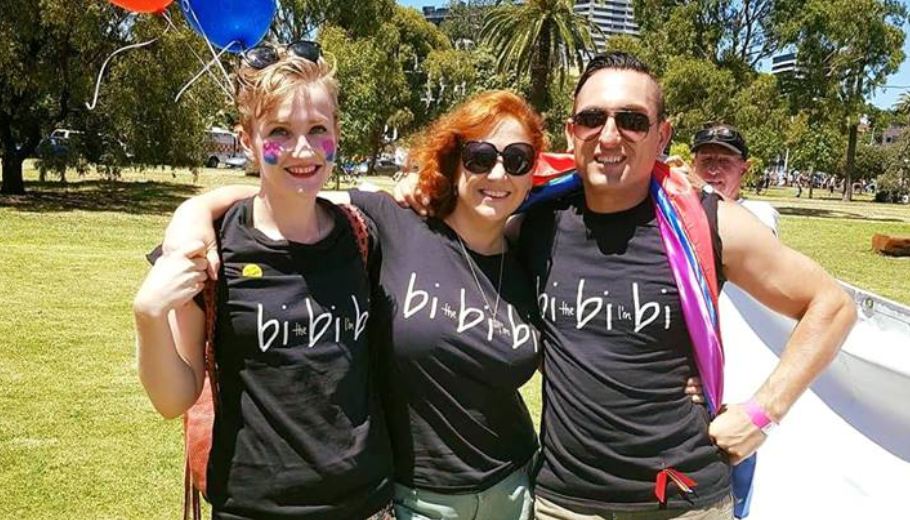
Stigma and discrimination hurt more when they come from your own communities. Bisexual advocate Ruby Mountford explores why being part of the LGBTIQA+ community shouldn’t be conditional.
***
The first time I heard the word “bisexual” it was 2005 and I was 15.
Bisexuality, a slightly younger girl explained to me, meant you liked boys and girls.
She sounded so blasé, as if she hadn’t just shaken up my entire world.
If there was a name for it, then it was real, and that meant there were others. It meant I wasn’t wrong, broken, or alone.
Six months earlier, I’d been sitting outside the school counselor’s office, trying not to stare at the display of pamphlets and flyers set on the coffee table. They covered the usual suspects of well-intentioned scare tactics: STIs, drugs and cigarettes, and bullying, but there was one at the back that tugged at my eyes like a magnet calling metal.
The title may as well have been “So You Think You’re Gay”. Even though I liked boys a lot, for weeks there had been this… feeling… that niggled at me every time I saw a particular girl in my class.
As soon as the coast was clear I snatched one of the flyers and stuffed it down the inside pocket of my blazer. Once I got home, I made a beeline for my room to read it in private.
I scoured every line of text for something that could help me understand. The information was general, vague, and safely stripped of any reference to actual sex.
There was nothing that mentioned having feelings for girls and boys.
I wasn’t gay, so I had to be straight. Whatever I had thought I was feeling couldn’t be normal.
The flyer got crumpled into a ball and shoved down to the bottom of the recycle bin, safely crushed under a week’s worth of newspapers.
***
I had never fared well in the social hierarchy of high school.
The only openly gay person I knew was a few years above me, and a notorious bully.
So, I kept my shiny new bisexual identity close to my chest, and only let it out with the two other queer girls I’d found, both lesbians and both at different schools.
We’d lend each other DVDs, and send each other links to Harry Potter and Panic! at the Disco fan fiction and fan-made music videos of Blair and Serena from Gossip Girl.
We went to Minus18 events—though they didn’t have the queer formals back then.
Instead, we danced and sweated in dimly lit old bars on King Street, and when the party was over, grabbed handfuls of free condoms and dental dams from plastic tubs held by volunteers.
There were dramas and crushes and awkward sleepovers, and finally, finally, I was discovering spaces and people that welcomed all of me, that could offer something more than tolerance at best and rejection at worst.
And then came the day when one of my two friends told me that, actually, most lesbians didn’t date bisexual girls, since we all went back to men eventually.
With her words, the doors to this colourful new world slammed shut, me on one side and her on the other.
Acceptance was conditional, community was conditional, every kind of love was conditional.
My sexual identity wasn’t something to celebrate or to be proud of, and it definitely wasn’t something I could talk about with my lesbian and gay friends if I wanted support and validation.
I did want those things of course. Who doesn’t? But there were no role models, no older bisexual people I could look to for proof that things would be okay, that happiness was possible if I could just get through the rough patches.
There was no bisexual community to celebrate and accept me, no community space that was free from the risk of rejection.
If a bisexual person is in a queer space and can’t talk about bisexuality, are they really there?
***
Cis and trans bisexual people are more likely to report low levels of happiness than gay and lesbian people.
We’re less likely to come out to our friends and family, and less likely to engage with our communities, even though it has been shown to increase resilience.
Our risk of poor mental health is higher, as is our risk of self harm and living below the poverty line, and we are more vulnerable to family violence and sexual assault.
A study in the US found that when lesbian and gay women moved from rural areas to urban ones, their mental health improved. Their resilience rose. They were happier.
That same study showed that when bisexual women moved to urban areas, their mental health got worse.
We expect acceptance when we go to LGBTIQA+ spaces. After all, we’re in the acronym.
And while the stigma and stereotyping we experience from heterosexual people is greater, it hurts all the more when we encounter it from our own communities.
In a society that is quick to assume our sexuality by the perceived gender of our partner, bisexual people are invisible. And how do we find an invisible community?
Where do we go to share stories, explore our identities, make connections that nourish us, and strengthen our sense of belonging?
And how can we form a strong sense of identity when the moment we discover it, new and soft and bright, we are forced to defend it from all sides, without guidance or support?
Where do we go to nurse our wounds when the world is cruel? Where can we wash away the shame that we’re soaked in?
I left the queer community when my first relationship with a woman ended in 2009, and I didn’t find my way back until 2017.
Now I know who I am, and I will not leave again.
When I talk about biphobia and making space for bisexual people, a question usually comes up, sometimes with exasperation, sometimes with confusion, and almost always with clear and genuine good intention: how do we make it better?
The truth is, I’m not sure, but I’ll share what I’ve learned.
It takes a conscious decision and continuous effort to be truly inclusive.
It’s the language you use, the name on your door, the questions you ask, the flags you display, the assumptions you make, and the people you bring to the table when the decisions are made.
The Australian Lesbian and Gay Archives (ALGA) contains a vast collection of documented Australian bisexual history, but why would we think to look for it there?
It’s not enough to insist we’re welcome when we don’t hear ourselves in your words, or see people like us being welcome in your community.
No-one wants to jump onto a ledge when they can’t see a space to land, no matter how much encouragement you rain down on them, no matter how many times you tell them it’s safe.
Space has to be ceded, ungrudgingly, and with a real desire to understand our differences, celebrate our identities, and deconstruct the prejudices holding us back.
We chose a side, and it’s yours. It’s always been yours. Just let us in.
Note: my references to gender were exclusively binary in this piece, which is a reflection of my limited knowledge and exposure to non-binary gender and gender theory at the time. Binary-only gender is not a true reflection on my sexuality, bisexuality, or my own gender identity.
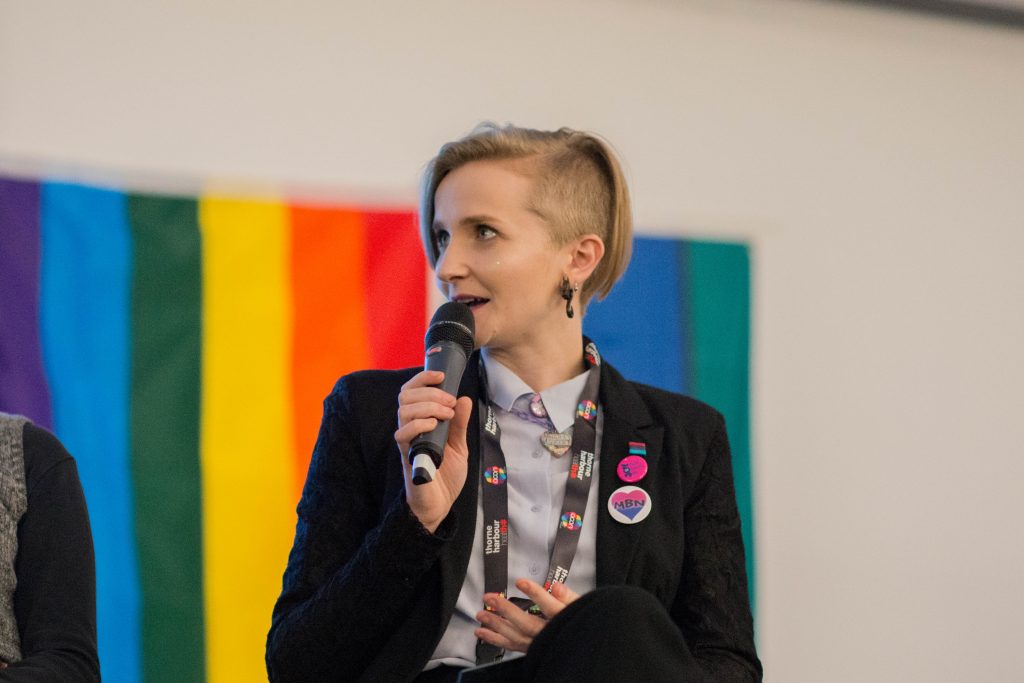
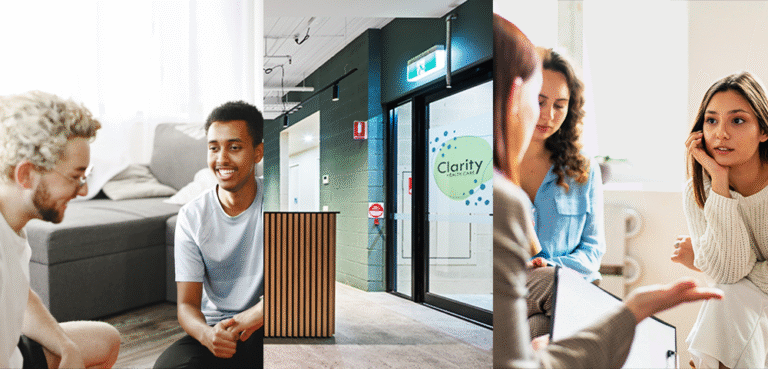
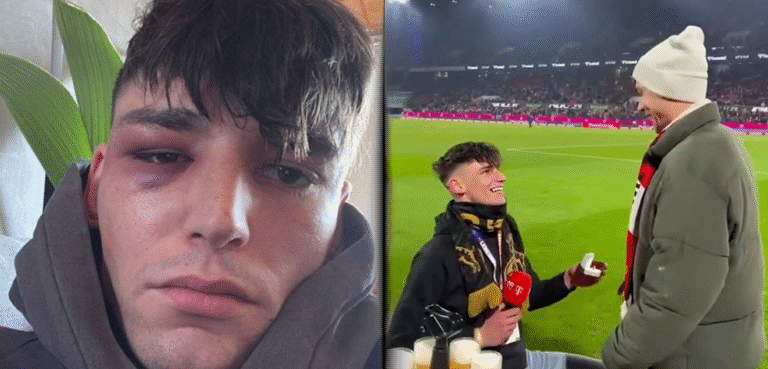
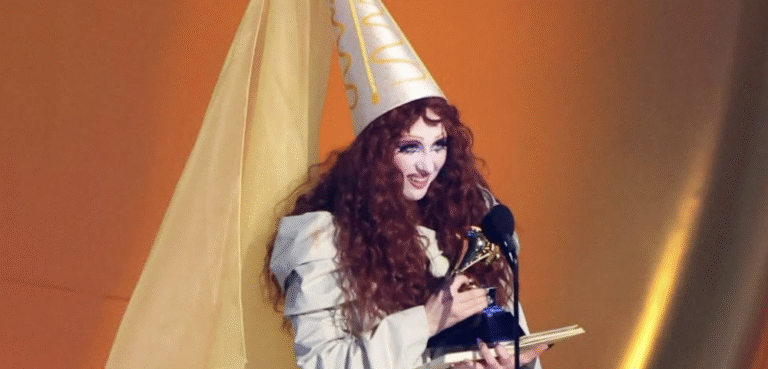

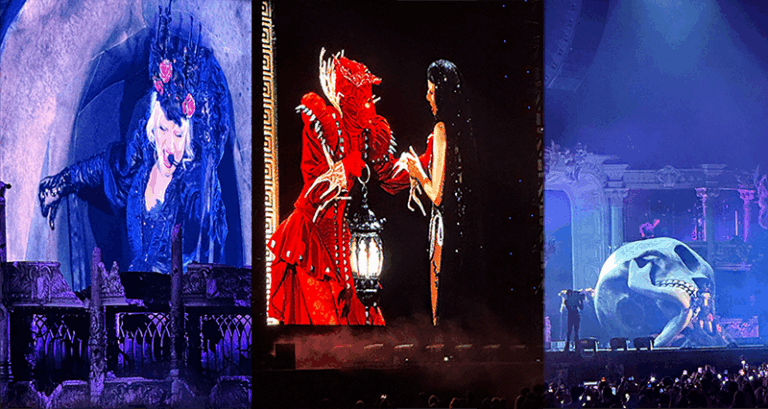
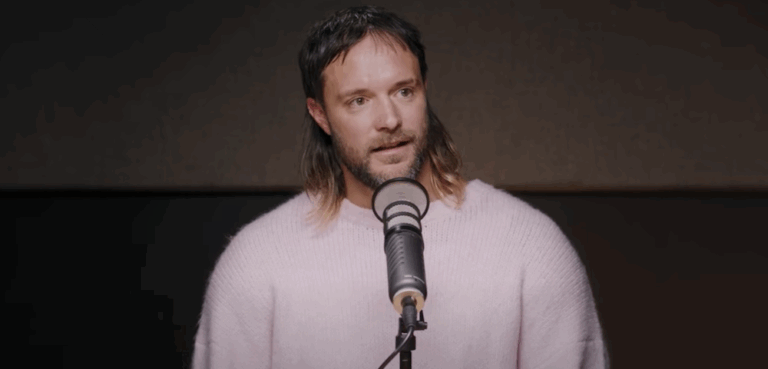
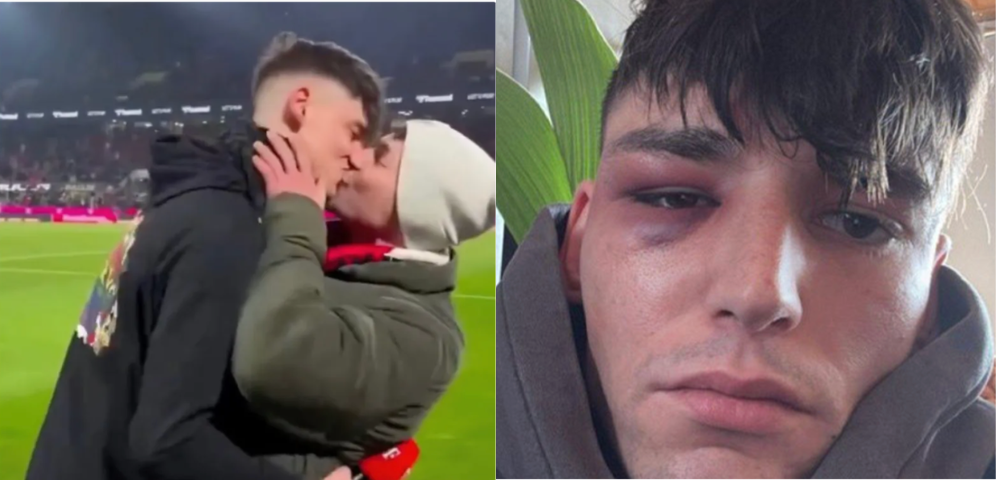
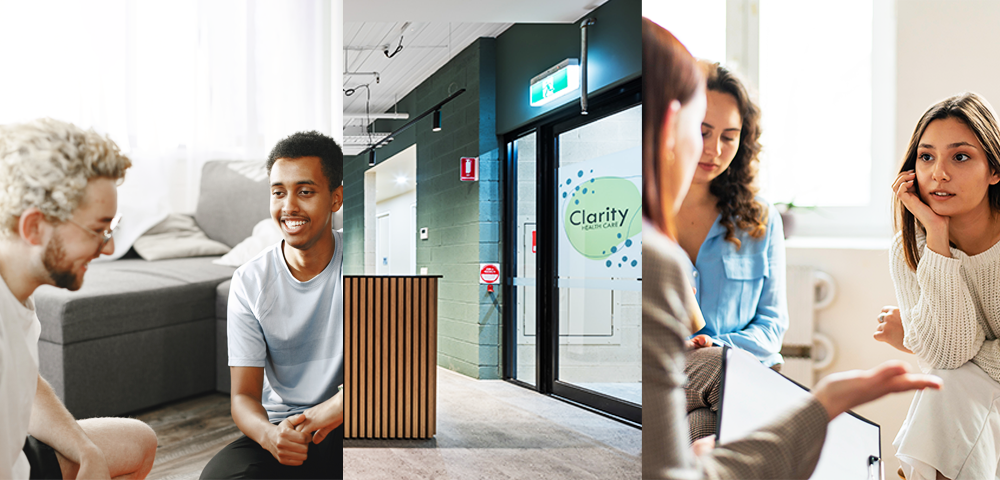
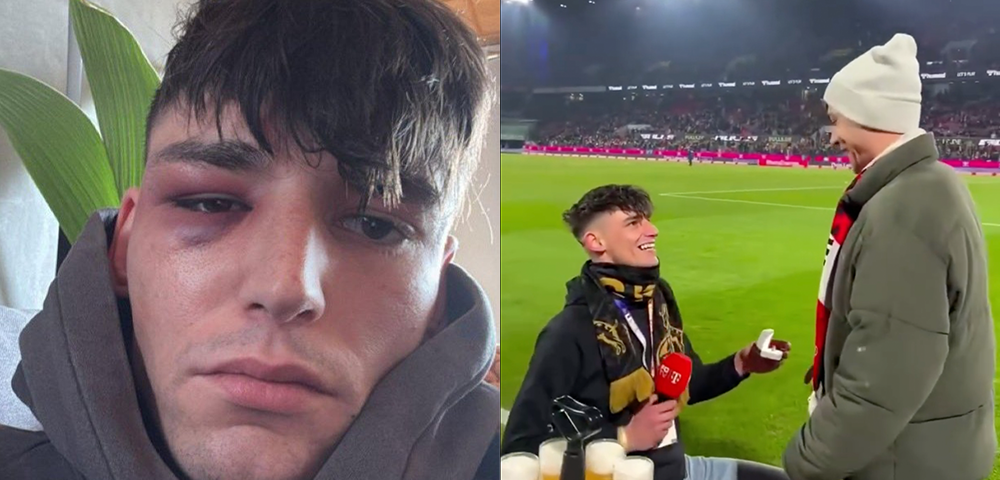
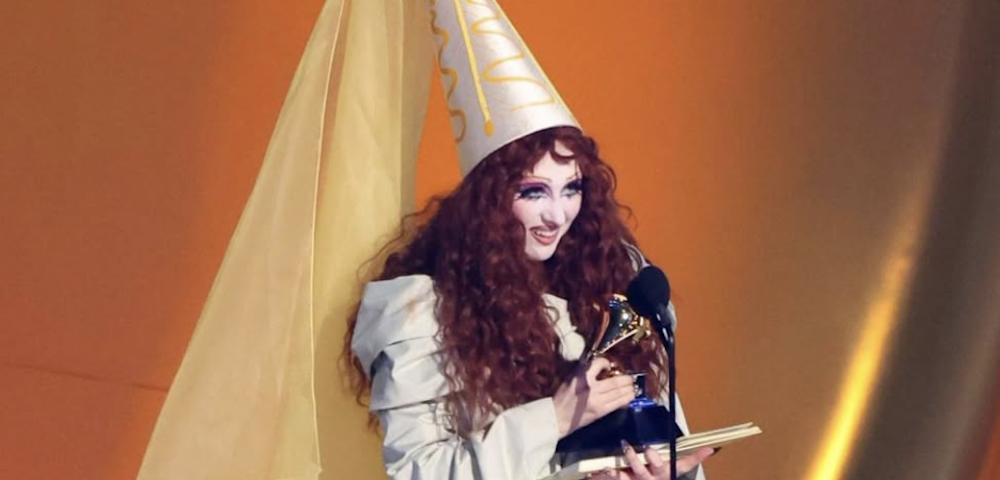
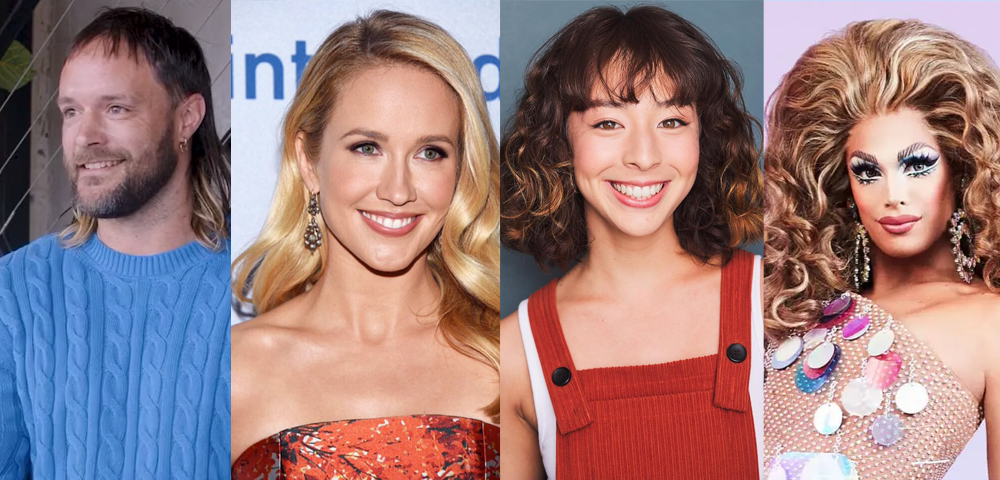
Thanks for telling ANY part of the story Ruby.
Most appreciated as this is a topic I’m still trying to wrap my head around
I think a part of the reaction is that so many of us (myself included) called ourselves “bi” when young and scared as we thought it was just a little bit more acceptable than admitting to being purely gay. So then the assumption is “Well I lied about it, I was really gay, just hiding behind that bi label, so they probably are as well.”
well you would think that an already marginalised group (gay people) would be more excepting, but if anything, there are plenty of divisions within this group.. (gay boys don’t get on with lesbians, gays don’t believe Bisexuals are real, tops look down on bottoms… etc.. )
I just say, accept everybody for whatever they say they are, unless you are sexually interested in them, who cares what someone else says they are?
I have no idea why bi isn’t accepted? I mean, how do you not accept who a person says they are?
Your article would have been so much better if you had interviewed a bi male. Issues for bi men and women are very different so thanks for telling only half the story.